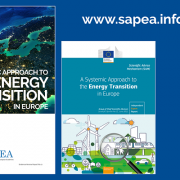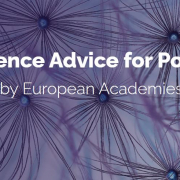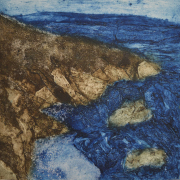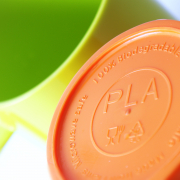There are many possible pathways towards a carbon-neutral future — and achieving it by 2050 is possible but requires urgent action. This is the conclusion of a group of top scientists tasked by the European Commission with advising on how to facilitate the energy transition in Europe.
The European Commission’s Scientific Advice Mechanism published two major documents on a systemic approach to the energy transition in Europe yesterday:
In these documents, the experts underline that the energy transition is far from a purely technical challenge. To make the transition a reality, we need to solve a huge systemic problem, coordinating countless individual voluntary decisions on investment, consumption and behaviour across Europe.
This means transforming the entire European energy system — a change which will affect every part of our society and require huge investment during the transition. It must be done in a socially equitable way. And we already need to accelerate progress if we want to achieve the EU’s target of net zero emissions by 2050.
Professor Peter Lund, chair of the SAPEA working group that wrote the report, said:
“The SAPEA report does not recommend an unequivocal policy package for Europe, but rather a set of policy options addressing various important facets of the overall challenge of the energy transition to reach carbon neutrality.
“However, as a central conclusion, any successful policy must involve a carbon pricing mechanism, in both the EU Emissions Trading System and Effort Sharing Regulation sectors, that delivers a sufficiently high carbon price while putting the pricing in a socially just frame.”
Professor Antonio Loprieno, the chair of the SAPEA Board and President of ALLEA, added:
“The transition of the energy system to tackle climate change is a key challenge and priority for the European Union, and its implications will impact on all parts of our societies, including a range of technical, economic, and social aspects. It is particularly important, that policymakers are well informed by science while making decisions on such complex issues.
“This report takes a multidisciplinary and systemic approach and provides evidence-based observations for achieving the EU’s emission targets by 2050 from an energy system transition perspective, thus brings the best and newest scientific knowledge into policymaking.”
SAPEA is part of the European Commission’s Scientific Advice Mechanism. Together with the Group of Chief Scientific Advisors, it provides independent scientific advice to European Commissioners to support their decision-making. SAPEA brings together outstanding expertise from natural, applied, and social sciences and humanities, from over a hundred academies, young academies and learned societies in more than 40 countries across Europe. ALLEA is involved in SAPEA as one of its European academy networks.
Learn more about SAPEA and their Evidence Review Reports here.











